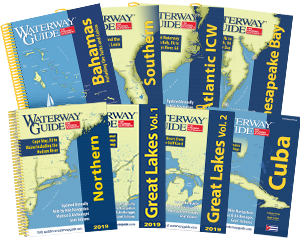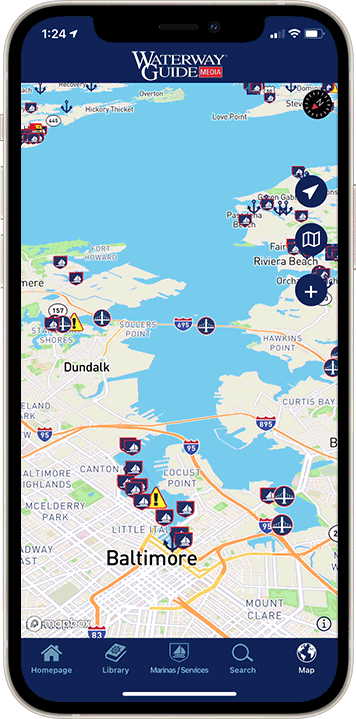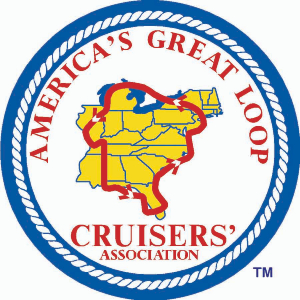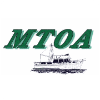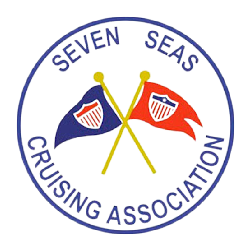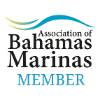Explore Our Latest News & Articles

Cell coverage is generally good everywhere except perhaps the most remote islands and cays. Most U.S. companies will roam on the Bahamian network, but you may rack up fees and experience slower-than-normal connections. Likewise, the best option for WiFi is to use an internet data plan with a smartphone through one of the two local providers: BTC or Aliv. These companies offer the best rates, fastest speeds and fantastic coverage. Data speeds are 4G LTE, rivaling what you'll find in the U.S. Offices can be found in major settlements. If you have an unlocked international phone, you can purchase prepaid phone cards for local use.
WiFi is available from many bars, restaurants, marinas and hotels throughout the islands for paying customers. In our experience, speeds are much slower than with cellular-based connections. If you only need to check email or the weather occasionally when you're near a town, WiFi connections might work for you.
Coverage
Coverage on both BTC and Aliv has improved significantly in recent years. It is possible to talk and text on every inhabited island including those within the Exuma Cays Land and Sea Park. Data coverage can vary by carrier and locale. Cellular boosters are useful for improving connectivity in more remote areas; however, when anchorages are busy the available bandwidth is divided amongst all users so speeds can degrade significantly irrespective of signal strength.
Nearly every settlement in the islands has a cell phone tower and, therefore, has a good connection and fast download speeds. How good the connection stays depends on how far away from those towers we are. If you can anchor very near town, you will enjoy super-fast 4G/LTE speeds. More than 5 miles away from the tower and the speeds will begin to drop to 3G connections. You can usually keep the 3G connection for 10 to 15 miles from the tower. You can extend these distances by adding an external antenna to your device or getting a cellular booster. These distances are approximations and are based solely on our experience, so your mileage may vary.
Several cruising spots are in cellular dead zones, where you will have no connectivity. One example is the Exuma Cays Land and Sea Park, where the nearest towers are on Highbourne to the north and Staniel Cay to the south. In the middle, you probably won't have enough signal to work with. Some cruisers hoist their hotspots up the mast to improve its range, but that's not guaranteed to work either. If you plan to spend much time in places like this, you must have some other method of getting weather information.
Starlink Satellite Internet Service
Starlink offers several high-speed, low-latency satellite internet options that work well for boaters in The Bahamas. The newest Starlink Mini dish has a more compact footprint and lower power requirements, which can be advantageous especially on smaller boats. With the basic Roam plan, you can use your dish for countrywide coverage, in-motion use, international travel, and coastal coverage.
The Roam plan has two tiers. One provides 50 GB of data with the option to purchase more as needed, and the other provides unlimited data at a higher monthly cost. You always have the option to pause your service so you only pay for the months you use it. For times when you need more reliable fixed and in-motion service and want network priority, you can upgrade to a Local or Global Priority plan.
Starlink continues to evolve and tweak their expanding network, service plans, and hardware packages, so always investigate their offerings before committing to a purchase. For up-to-date equipment and plans, visit starlink.com.
Devices
Much like AT&T or T-Mobile in the U.S., the pre-LTE infrastructure in The Bahamas was GSM; therefore, phones from these carriers are most likely to work. Newer world-band phones from other providers, like T-Mobile or Verizon, might work but you may have limited connectivity. If you are uncertain about your phone's compatibility, you might want to consider getting a cheap phone from the Bahamian carrier or consider a hotspot (described below).
Regardless of what device you choose, it will need to be unlocked. Many devices sold with contracts in the U.S. are locked by the provider so that it can only be used on their network (i.e., an AT&T phone cannot be used on a T-Mobile or BTC network). Unlocking the phone is a simple task that your cellular provider is required to do for you once your contract is complete, but you have to ask them to do it. Luckily, more and more phones are being provided unlocked.
You can connect your laptops, tablets and other devices to the internet using one cell phone. The process is known as "tethering," sometimes called a "mobile hotspot" feature. This feature is free to use in The Bahamas but some U.S. carriers restrict it or charge extra for it. (If your phone is locked, your carrier may have removed to option from your phone's menu.)
Another option to stay connected is getting a cellular hotspot. These are small modems that connect to the local mobile 4G/LTE network and then share that connection to your devices via its WiFi network. This allows you to connect any device onboard easily including chartplotters, smart TVs and laptops. You can bring your own unlocked hotspot, or you can buy one through either BTC or Aliv. MyIslandWifi leases hotspots using the BTC network at very competitive rates.
Roaming
All of the major U.S. carriers offer roaming on the Bahamian cellular networks. While roaming, you will be responsible for a roaming fee per minute of phone use (both incoming and outgoing) as well as charges for each text message and each megabit of data used. These fees can add up and, if you're spending more than a few days there, it will make much more sense to find another option.
There are time limits placed on how long a device may roam outside of their home network. Unlimited international roaming means unlimited international roaming "within a specified period." Verify with your carrier how long you can remain outside of your home network to avoid surprises. In most cases, the roaming limit varies between 1 and 3 months. Also, these international carriers do not guarantee the best speeds in other countries. In The Bahamas, these roaming plans seem to be limited to 3G speeds (or slower).
SIM Card
The easiest way to get a SIM card is to walk into a BTC or Aliv store once you arrive in the islands. On the smaller port of entry islands like Grand Cay or Green Turtle Cay, the stores may only be open one day a week for a few hours. Other spots like Bimini or Marsh Harbour have fully-staffed stores open during regular business hours.
Since cruisers are only visiting for short periods, it is the "pre-paid" plans that interest us. You can buy a new device or just a SIM card. You can also get a SIM card before you go for BTC. MrSIMCard, a U.S. company, will sell and ship you BTC SIM cards for many countries before you depart on your trip. MyIslandWifi, which provides Bahamas mobile hotspots, will also send you a device before you head out. With these services, you can be connected before you even set foot on Bahamian soil.
Keeping a U.S. Phone Number
Most cell phone plans include generous talk and text allowances back to the United States and Canada. If you are planning a lot of calls back home, that alone may be sufficient justification to purchase a local SIM card. If you decide to get a SIM card in The Bahamas, you will have a number with a 242 area code. It will be an international call for you to call home or for your stateside friends to reach you.
If you use two-factor authentication to access secure web sites, such as government or financial sites, it is important to ensure that you have a cell number registered with the sites that is also usable in The Bahamas; otherwise, you may find yourself locked out of critical accounts. A good way to deal with the authentication problem, especially if your absence is planned to be more than a couple of months, is to port your cell number to a VoIP service such as Skype of Google Voice. These services use the data connection on your phone and allow you to make and receive calls from a U.S. number. You might need to set this up before you depart.
If you do not cancel your U.S. service, you may also be able to use a feature called "WiFi Calling." If supported by your carrier and your phone, this would allow you to make and receive calls using your U.S. number, but over the Bahamian DATA connection, thereby eliminating roaming and international fees. Be very careful that the cellular connection on your phone is off and only the Wi-Fi connection is active.
International Websites
Keep in mind that once you are online outside of the U.S., you will be automatically directed to international websites. Google, Amazon, Netflix and others will have different options and different features available. If you stream videos, for example, the selection will be very different in the islands than it is in the U.S. due to licensing and distribution arrangements made between the studios and the streaming services. Because of this, we recommend you have a VPN account at your disposal.


